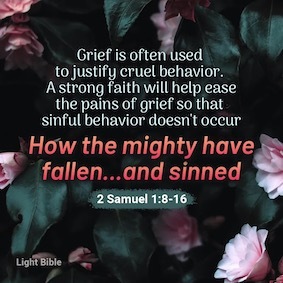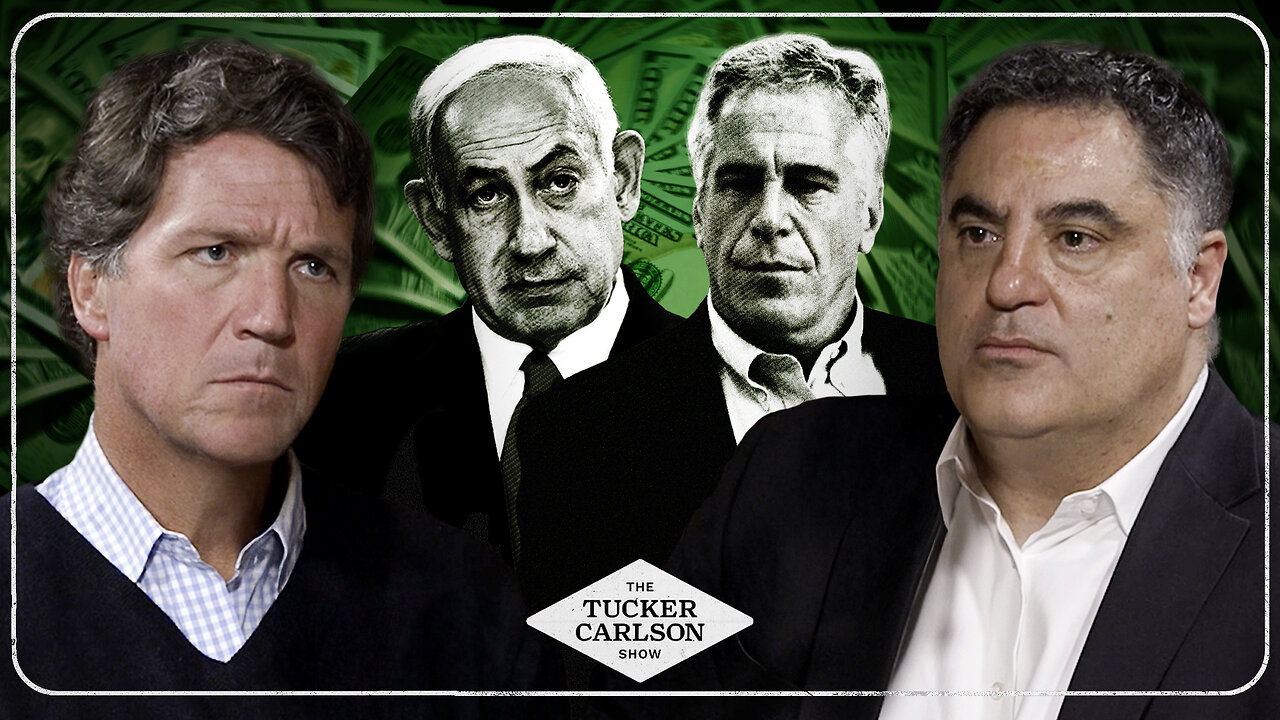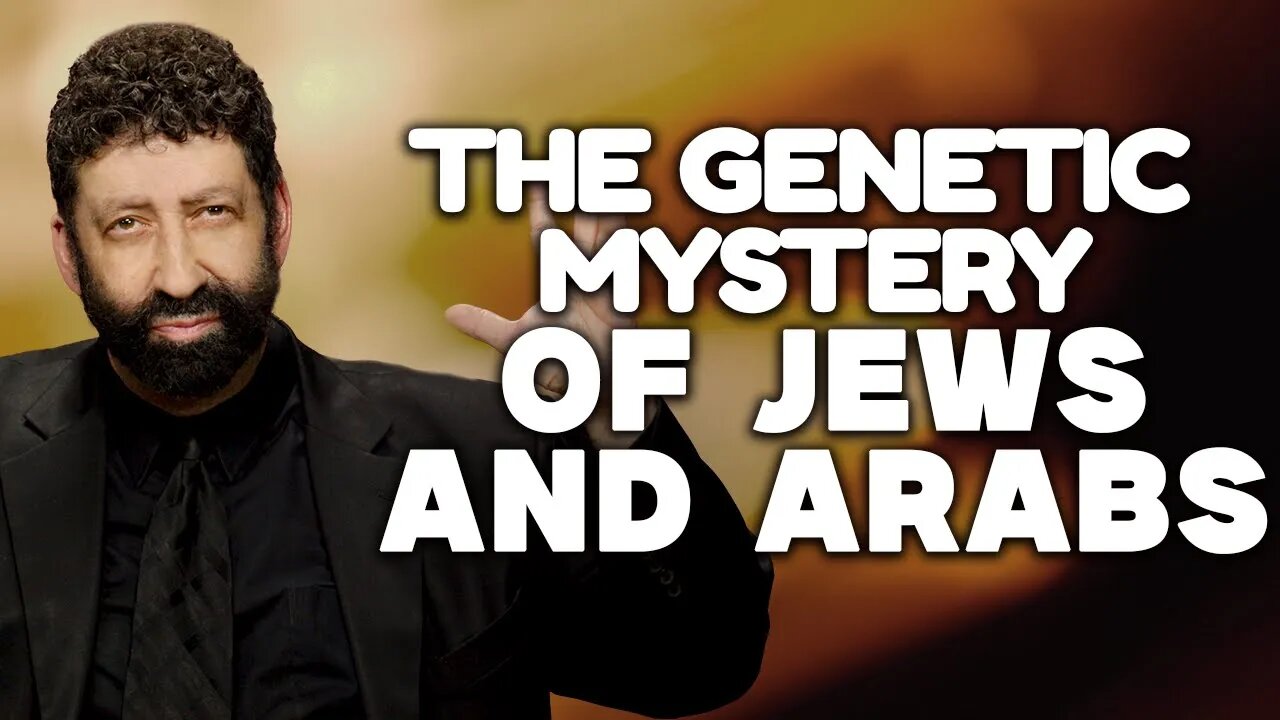Devotion
How the mighty have fallen … and sinned
David Jacobs
All living things must deal with death. Is killing another human ever justified? There are currently wars ongoing in several countries, many of them fight under the guise of religion. As violence and death spread, the grief of those that have survived leads to more violence and death. The vicious cycle is difficult to break and has been viewed countless times in history.
In these verses, we have two examples of a human killing another human. The first is from the messenger, who claims that he happened upon Saul who was about to die. He asks Saul what he should do, and Saul begs that he kill him to put him out of his misery. He does this, and when he relays this message to David and the Israelites, they are stricken with grief. The Amalekite did as Saul requested and ended Saul's pain. His action is with good intentions, but costs him his life.
David, filling with grief and emotion, asks the Amalekite why he would dare to kill the Lord's anointed, although Saul has disobeyed God and lost God's blessing (1 Samuel 15). Although David is one of the most beloved characters in the Bible, it is his emotional and human nature that makes him easy to empathize with. In his emotional state, David orders the Amalekite to be executed for killing Saul.
Although these verses are not of much significant later, they struck a nerve with me. The Amalekite did what the Lord's anointed, Saul, commanded of him by killing him. In my opinion, David sins, certainly not the first or last time that he will do so, murdering the Amalekite. His actions, which are certainly deplorable, are justified by his grief. His emotional state leads him to sin, forgetting the faithful service that has led him to the throne.
Prayer
Do you think either of these killings is justified? Which one do you think is more justified than the other? If you were the Amalekite, what would you have done? If you were David, how would you have acted?
















